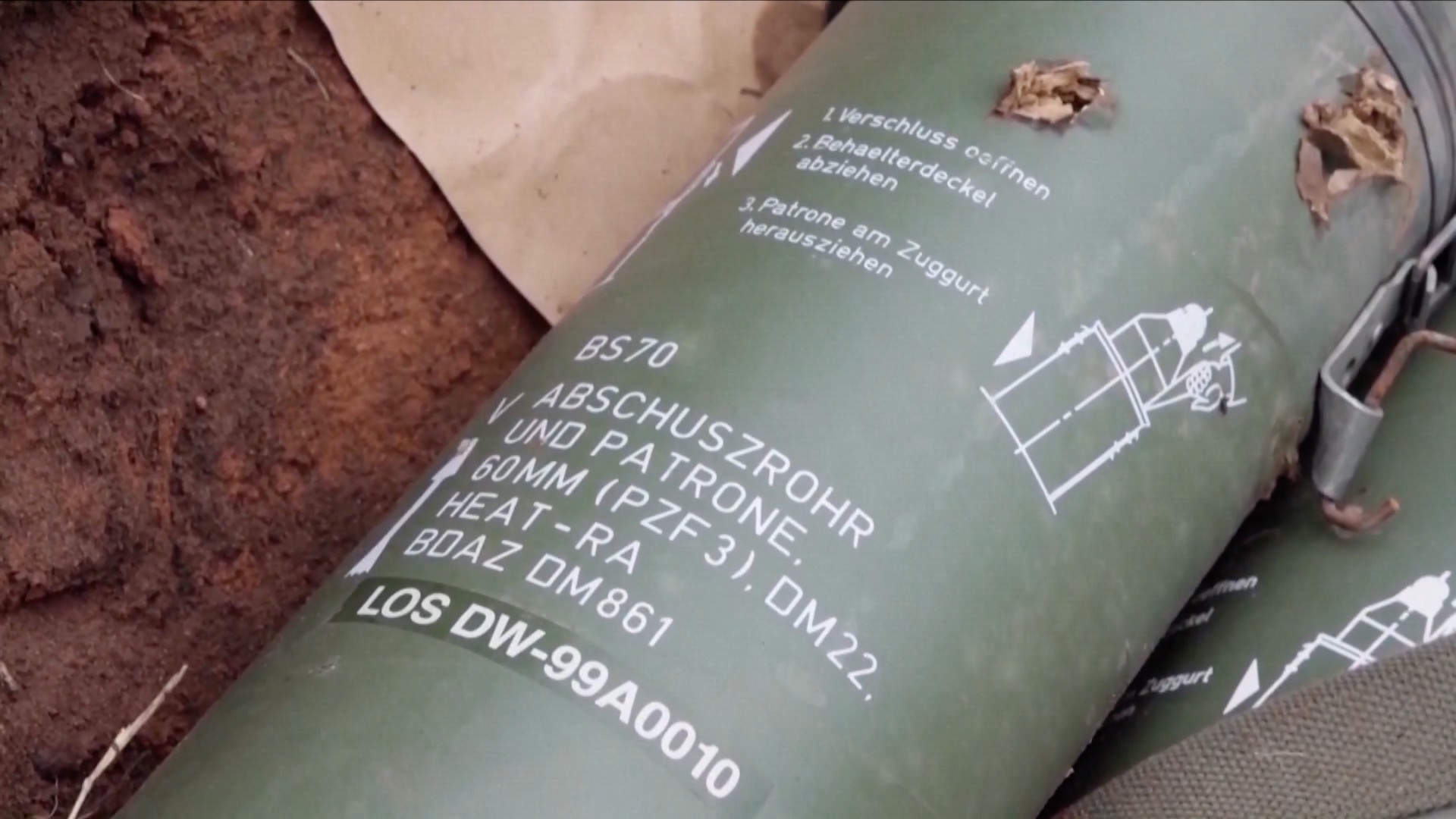02:19

The U.S. national security community is grappling with fallout from the release of dozens of secret documents, including the impact on sensitive information-sharing within the government and ties with other countries, two U.S. officials said.
Reuters has reviewed more than 50 of these documents, labeled "Secret" and "Top Secret", that first appeared on social media websites in early March and purportedly reveal details of Ukrainian military vulnerabilities and information about allies including Israel, South Korea and Türkiye. The material did not draw much notice until a New York Times article on Friday.
Although the release of documents appears to be the most serious public leak of classified information in years, officials say it so far does not reach the scale and scope of the 700,000 documents, videos and diplomatic cables that appeared on the WikiLeaks website in 2013.
Officials are looking at what motivations a U.S. official or a group of officials would have in leaking such sensitive information, Reuters reported, citing an official speaking on condition of anonymity.
The official said investigators were looking at four or five theories, from a disgruntled employee to an insider threat who actively wanted to undermine U.S. national security interests.
The White House referred questions to the Pentagon, which said on Sunday that it was reviewing the validity of the photographed documents and an interagency effort was assessing the impact the photographed documents could have on U.S. national security as well as that of close American allies and partners.
The Pentagon has referred the issue to the Department of Justice, which has opened a criminal investigation.

The Pentagon is seen from Air Force One as it flies over Washington, D.C., U.S., March 2, 2022. /CFP
The Pentagon is seen from Air Force One as it flies over Washington, D.C., U.S., March 2, 2022. /CFP
Watching allies
The leaks have already drawn responses from some foreign governments.
One of the documents marked "Top Secret" and from a CIA Intel update from March 1, says the Mossad intelligence agency was encouraging protests against Israeli Prime Minister Benjamin Netanyahu's plans to tighten controls on the Supreme Court.
The document said the U.S. learned this through signals intelligence, suggesting the United States had been spying on one of its most important allies in the Middle East.
In a statement on Sunday, Netanyahu's office described the assertion as "mendacious and without any foundation whatsoever."
Another document gave details of internal discussions among senior South Korean officials about U.S. pressure on Seoul to help supply weapons to Ukraine, and its policy of not doing so.
The office of South Korean President Yoon Suk-yeol said on Monday that fact checks on the documents are a priority and that it would request the U.S. to take "appropriate" steps after confirming details.
Yoon's office said the possibility that the documents were fabricated or a product of third-party interference cannot be ruled out, warning any attempts to "disrupt the alliance would face repercussions".
Some lawmakers of South Korea's main opposition Democratic Party expressed "strong regret" over the spying allegations, calling them a clear violation of national sovereignty and a major security failure of the Yoon administration.
Another document marked "Top Secret" purportedly detailed how Russian private military contractors met with Turkish "contacts" to buy weapons from Ankara.
The Turkish embassy in Washington declined to comment.
It is not uncommon for the U.S. and other countries to spy on their allies. But public disclosures of such spying are uncomfortable for those allies, who need to explain to their populations how they will respond.
"It is going to take some time to rebuild trust with our allies," a U.S. defense official told Reuters.
(With input from Reuters)